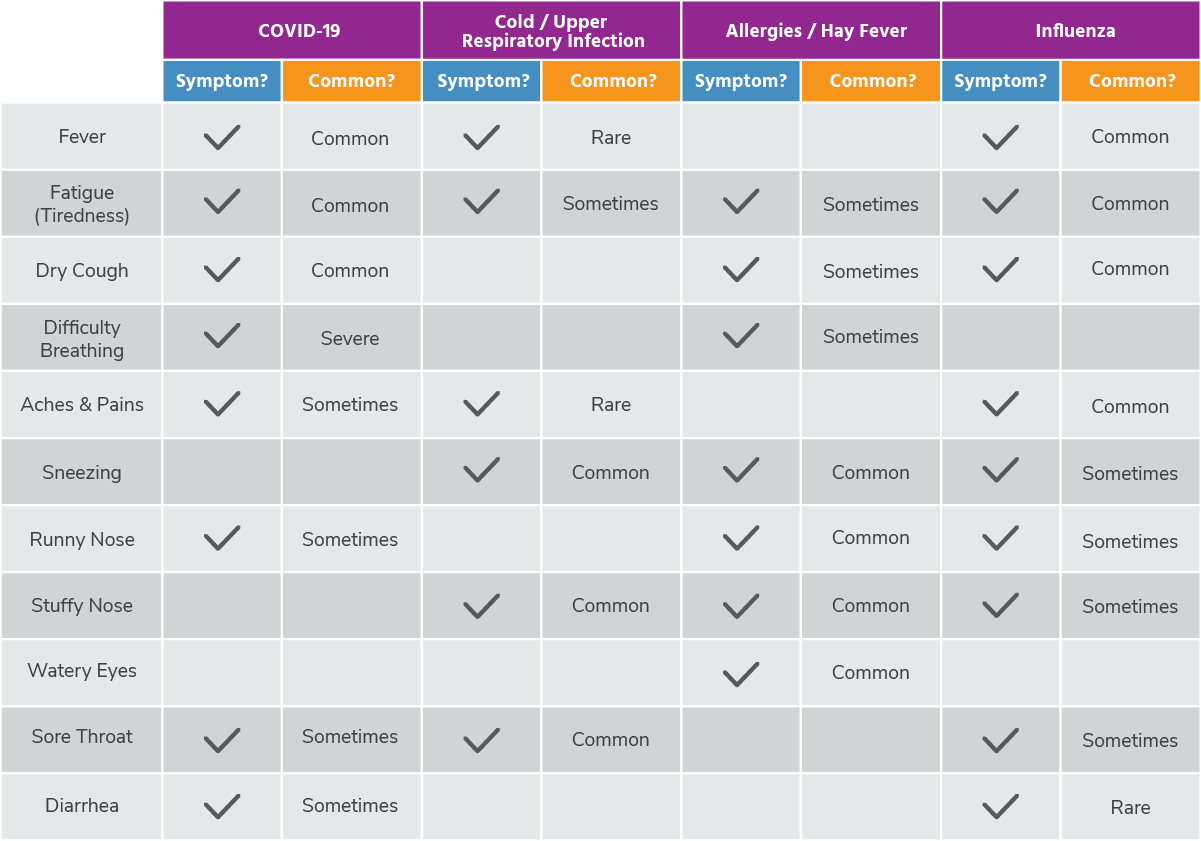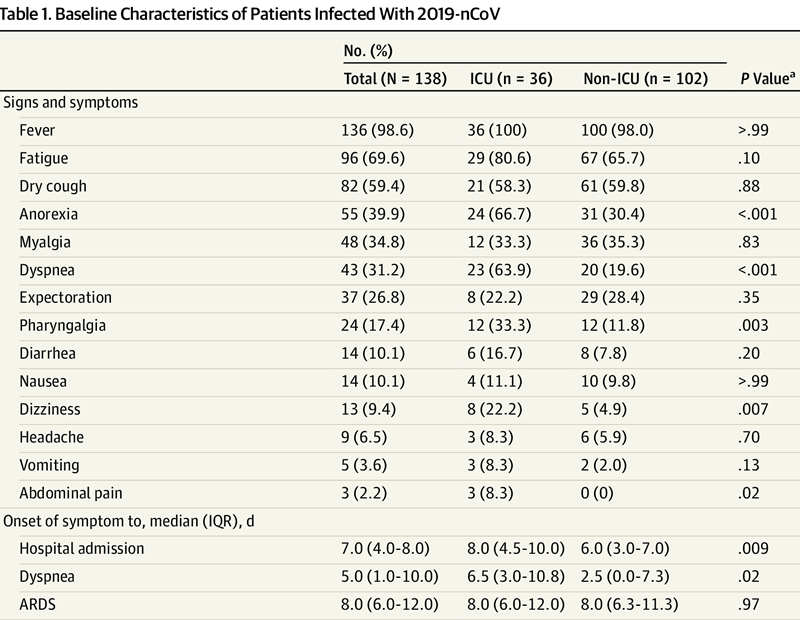I have symptoms
You likely don’t have covid19. As of the 22nd of March the government tested 70,000 people and only 6,000 had covid19. Remember the government is only testing people with strong symptoms so it means that the virus could be wider spread (but less deadly than we believe), or simply not as widely spread. Either way the data is hard for a layman to make sense of. The bottom line is that 6,000 cases out of a population of 60 million is low and your likelihood of interacting with someone that has covid19, and then getting it is low provided you are taking physical distancing measures.
Under normal conditions 1 sick person makes another person sick over 2.5 days. So try to imagine before lockdown how many people you would interact with, shake hands with, kiss (you know the continental cheek kiss!), and generally just be around. If you are leaving your house only to get food, taking precautions like wearing gloves and washing your hands, and working from home then it’s very unlikely you will get the virus.
You probably have the common cold, but if your symptoms match the key symptoms then you should proceed as if you may have it. You should quarantine yourself from your housemates and start taking precautions, you should make sure you are stocked on medical supplies and food, and try to avoid interacting with anyone. The key symptom is fever (high temperature) as 98.6% of cases had this, with the next highest symptom being a dry cough with 59.4% of the cases having this symptom. Of course not everyone has the dry cough (40% didn’t) and the fever is a late stage symptom. If you look at the table below you will realise almost every sickness from a basic migraine can be classified as covid! So it is really about taking preventative and precuationary measures.
Do I have Covid?
Probably not but check the data/graphs below


Okay let’s assume I have it/I have Covid
- Please immediately inform your 2IC and/or Kingdom Houses. Obviously does my staff not want to get Covid19 but we also don’t want to get it and spread it to every other house.
- You should inform your housemates and keep them updated daily as to your status – they will be worried about you (and themselves).
- Cancel any travel plans you had – do not book a flight back home. That is selfish and you will make your parents and your fellow countrymen sick.
- Make yourself a stew/goulash, make enough for 3-4 days.
- Get plenty of rest.
- Drink plenty of fluids.
- Make sure a flatmate checks up on you.
- Don’t use ibuprofen
- Use paracetamol
- Realise that you will not die. You will be okay, but the next few days may feel worse than death itself.
GUIDELINES
Isolate this person from the rest of the house as best as can be done.
- If a house has multiple bathrooms assign one bathroom to them and any other sick people
- Someone try to make food for that person so they don’t access the kitchen OR have that person whatsapp the group when they are going to make food
- That person must stay in their room as much as they can.
The house must all now consider themselves sick. Remember you can be without symptoms for 14 days, so possibly others can have it too.
- No one should leave the house unless they absolutely have to
- No guests or visitors
- Try to work from home if possible
- (The idea is to stop this from spreading to other people)
Prepare to get sick (I am sorry)
- Go buy cough medicine
- Go buy paracetamol (not ibuprofen)
- Take vitamins (Vitamin D especially), iron, omega fish oil supplements
- Do 30 minutes of exercise each day
- Eat well and heathilly
- YOU WILL GET THROUGH THIS
More resources:
https://www.vox.com/2020/3/16/21181560/coronavirus-tips-symptoms-us-covid-19-testing-immunity-reinfection
—>
7) If I’m sick, how do I protect the people I live with?
Choi says that suspected or confirmed Covid-19 patients should stay in their own room and (ideally) not share a bathroom.
“They should try to stay as far away as possible from anyone else in the household, and at least 6 feet,” she added. If you do share a bathroom, avoid being in the room at the same time as anyone else. The WHO found that most of the transmission in China was between family members.
:no_upscale()/cdn.vox-cdn.com/uploads/chorus_asset/file/19811394/GettyImages_1205434691.jpg)
If the sick person feels up to it, ideally they should be the one to disinfect the bathroom after they use it. If your living situation doesn’t allow you to isolate yourself from others in your home, tell your doctor and/or health department.
The CDC has a complete guide to disinfecting commonly touched surfaces like “counters, tabletops, doorknobs, bathroom fixtures, toilets, phones, keyboards, tablets, and bedside tables,” and it recommends doing so every day. You can use one of the approved productsor make your own, like adding four teaspoons of bleach to a quart of water. The CDC also recommends wearing gloves when touching possibly infected items, like used clothing or bedding, as well as when disinfecting commonly used surfaces. When you’ve finished, throw the gloves directly in the garbage — and then wash your hands.
Choi suggests washing your hands frequently to protect others in your household, and covering your nose and mouth when you cough or sneeze with a tissue that you throw directly into the garbage. If you’re feeling ill, don’t share cups, utensils, dish or bath towels, toothpaste, bedding — or anything else — with anyone. The coronavirus can stick around on surfaces for several days.
